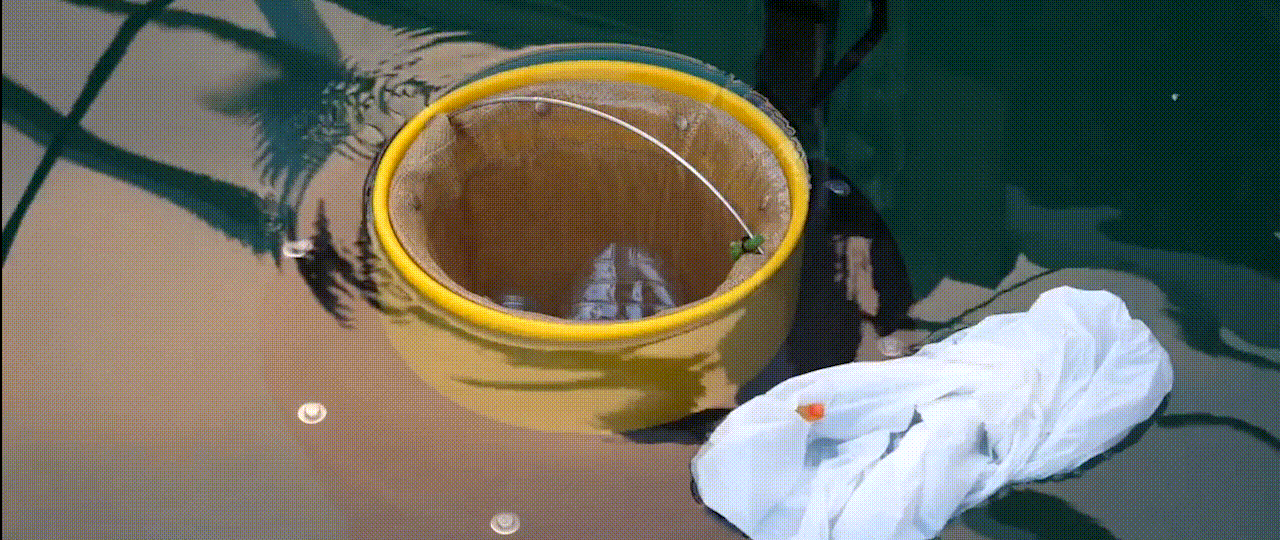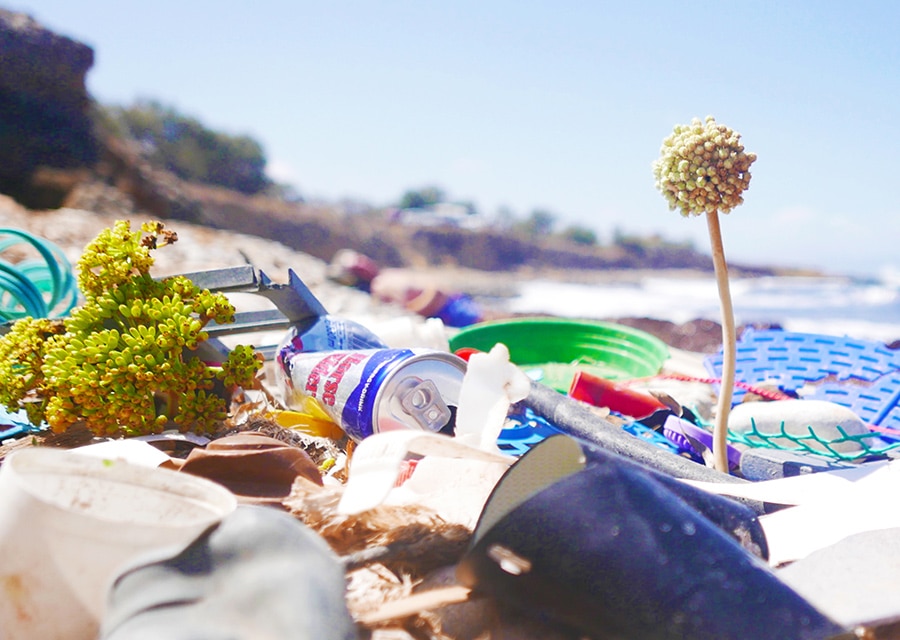Spain (Palma)
A simple but effective solution to tackling ocean waste, the Seabin Project was created by two surfers, Pete Ceglinski and Andrew Turton, who were tired of seeing debris in the waters they spent so much time in.
Placed just below the surface of the water, Seabins use a small submersible pump to draw water and any nearby debris into its removable bag, which is made of recycled plastic mesh. The water is then either passed through an optional filter which removes oil and detergents, cleaning the water as it works, or straight back out into the ocean.

The bin is designed for use in calm waters, such as those of marinas, yacht clubs, and ports – and because it floats, it goes up and down with the tide. This allows rubbish to be intercepted before it has a chance to travel into larger bodies of water and risk contact with more marine life. An individual Seabin is estimated to be able to catch around 1.5kg of floating debris per day. That equates to over half a ton of rubbish per year – around a truck load.
The pumps are low-cost, using an average of one dollar per day and Seabin Project are also looking into recycling the plastic which they collect in their mesh bags to make more – creating a closed loop cycle which would further benefit the environment. As well as this, due to their placement so close to the surface, since their first use in 2014 Seabins have never caught any marine life.
However the Seabin Project also has a much larger goal. They understand that their product isn’t the solution to marine litter, education is:
“The issue of marine litter is one that will have to be dealt with for generations to come and therefore we need to provide the knowledge, tools and capacities to the decision-makers of the future, our children. Education is the first step to lasting and effective solutions.”
To address this, they’ve developed an open source education program aimed at schools which raise awareness about our oceanic litter problem. It incorporates data collected from usage of the Seabins and so is constantly evolving alongside their understanding of the issue.
AtlasAction: Know somewhere which could benefit from a Seabin? Pre-order one here.
Bio
Student at Bournemouth University and intern/accidental activist with Atlas of the Future, Matthew spends his time promoting the solutions of tomorrow and staying out of his overdraft.
Project leader
Pete Ceglinski and Andrew Turton
Support the Atlas
We want the Atlas of the Future media platform and our event to be available to everybody, everywhere for free – always. Fancy helping us spread stories of hope and optimism to create a better tomorrow? For those able, we'd be grateful for any donation.
- Please support the Atlas here
- Thank you!


